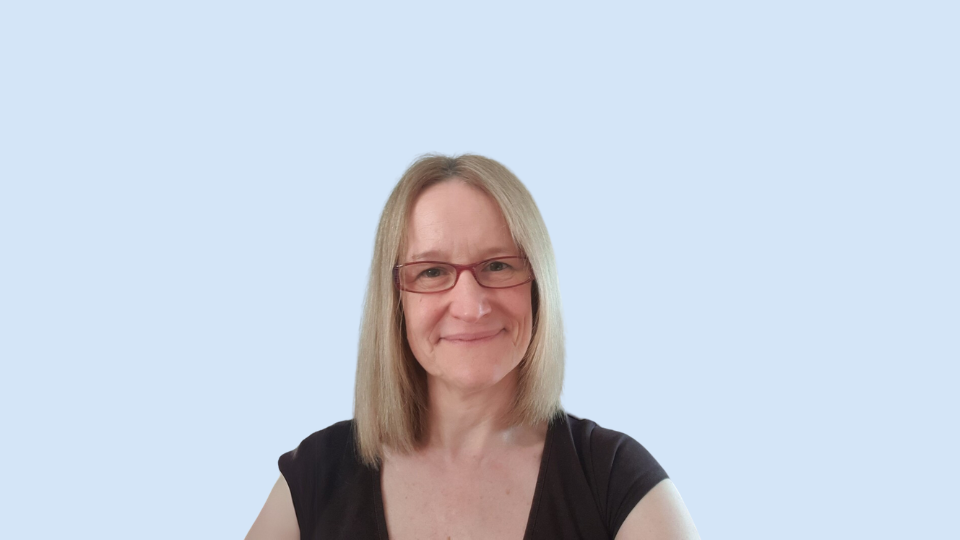About
As an integrative psychotherapeutic counsellor, Tanya draws upon a range of modalities such as person-centred therapy (PCT), psychodynamic therapy, transactional analysis and eye movement desensitisation and reprocessing (EMDR).
She works across a diverse range of clients with a range of presenting issues and she tailors therapy according to individual needs. Tanya works in an in-depth relational way of togetherness, seeing the relationship as central to therapeutic success, creating the space for open expression and exploration of the authentic self.
Tanya mainly works with those experiencing anxiety, depression, relationship issues, self-esteem, menopause, and grief, loss and bereavement. Tanya has a special interest in developing the authentic self and as such, works with many autistic people.
Position at Priory
Tanya is an integrative therapist, having worked with Priory since September 2024. She is an accredited member of the British Association for Counselling and Psychotherapy (BACP), an accredited professional registrant of the National Counselling and Psychotherapy Society (NCPS) and a Level 2 professional member of the Association for Counsellors and Therapists Online (ACTO).
Prior to her position at Priory, she spent several years counselling individuals for charitable counselling providers, in education and in private practice.
Training
Tanya understands how difficult life can sometimes be and how we can't always cope independently and need additional support. She has helped support, develop and encourage many people's potential and has undertaken extensive training to support her counselling practice. Tanya has undertaken a range of training since qualifying, concentrating on:
- Neurodiversity
- Gender, sexual and relationship diversity (GSRD)
- Online working
Research interests
Tanya has a special interest in the counselling supervisory relationship. In 2022, she undertook a research dissertation to empirically explore how environmental changes, such as the pandemic, influenced our supervisory relationships to add to the current shortage of research to support the profession’s evolution.

